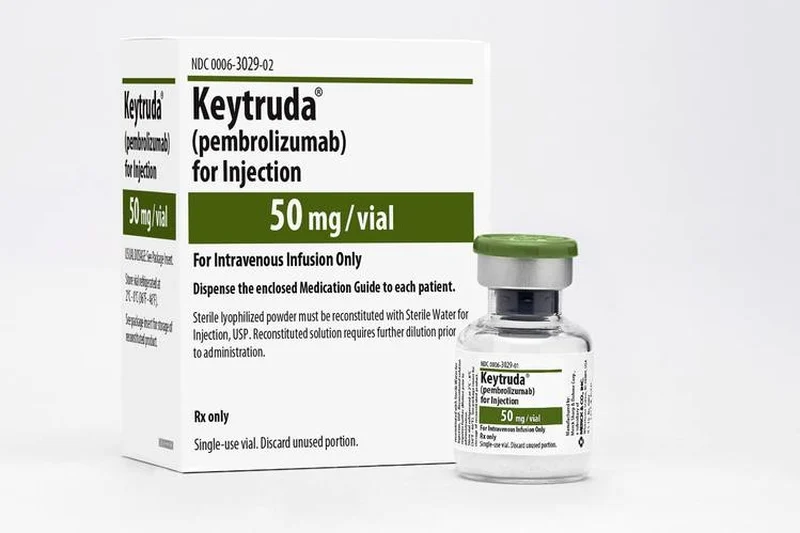Prelude Teams Up with Merck For Next-Gen Drug Development
Prelude Therapeutics partners with Merck to explore cancer treatment interactions with Merck’s immunotherapy.
Breaking News
Aug 02, 2024
Mrudula Kulkarni

Prelude Therapeutics has reached a significant milestone
with its second collaboration with the pharmaceutical powerhouse Merck &
Co. This partnership with the $60 billion multinational aims to explore
Prelude’s leading cancer treatment, focusing on its interactions with Merck’s
renowned immunotherapy. While specific details of the agreement remain under
wraps, Prelude officials anticipate providing further insights following the
completion of the first phase of the trial later this year.
Collaborations like this are typical in the drug development
sector, especially for companies with constrained financial resources, as they
allow for shared costs and the potential for greater financial rewards in the
search for new therapies. Both Prelude and Merck will maintain the commercial
rights to the drugs studied, but Prelude’s Chief Medical Officer, Jane Huang,
highlighted the opportunity this collaboration presents to uncover promising
results for patients suffering from rare cancers and diseases.
Huang said in a statement, “Through this collaboration of
potentially complementary mechanisms, we may have the potential to positively
impact clinical outcomes in patients harboring a SMARCA4 mutation, who have
previously been known to have limited treatment options.”
This initiative builds on previous research involving
Prelude's small-molecule drugs designed to address cancers associated with the
SMARCA2 gene, particularly head and neck cancers. Notably, the drug candidate
PRT3789 is a pioneering, highly selective degrader of the SMARCA2 protein,
which, along with SMARCA4, plays a crucial role in gene regulation through
chromatin remodeling. Prelude has indicated that as many as 70,000 cancer
patients in the U.S. and the European Union, who currently face limited treatment
options, could benefit from this innovative therapy.
PRT3789 is already part of a collaboration between Prelude
and AbCellera, but that partnership is focused on developing new compounds for
precision antibody-drug conjugates—targeted therapies designed to deliver drugs
directly to cancer cells while sparing healthy tissue. At the same time, Merck
is exploring ways to combine treatments with Keytruda, a drug that inhibits
proteins from attaching to cancer cells. Keytruda has been a significant
success for Merck, projected to generate $25 billion in sales for the company.
Nevertheless, Keytruda's patent is set to expire by 2030,
prompting Merck to explore opportunities to launch the drug alongside other
therapies to mitigate the impact of this loss. Earlier this year, reports
surfaced that Merck was collaborating with Moderna to investigate the potential
of combining RNA-based vaccines with Keytruda as a treatment option for
melanoma.
